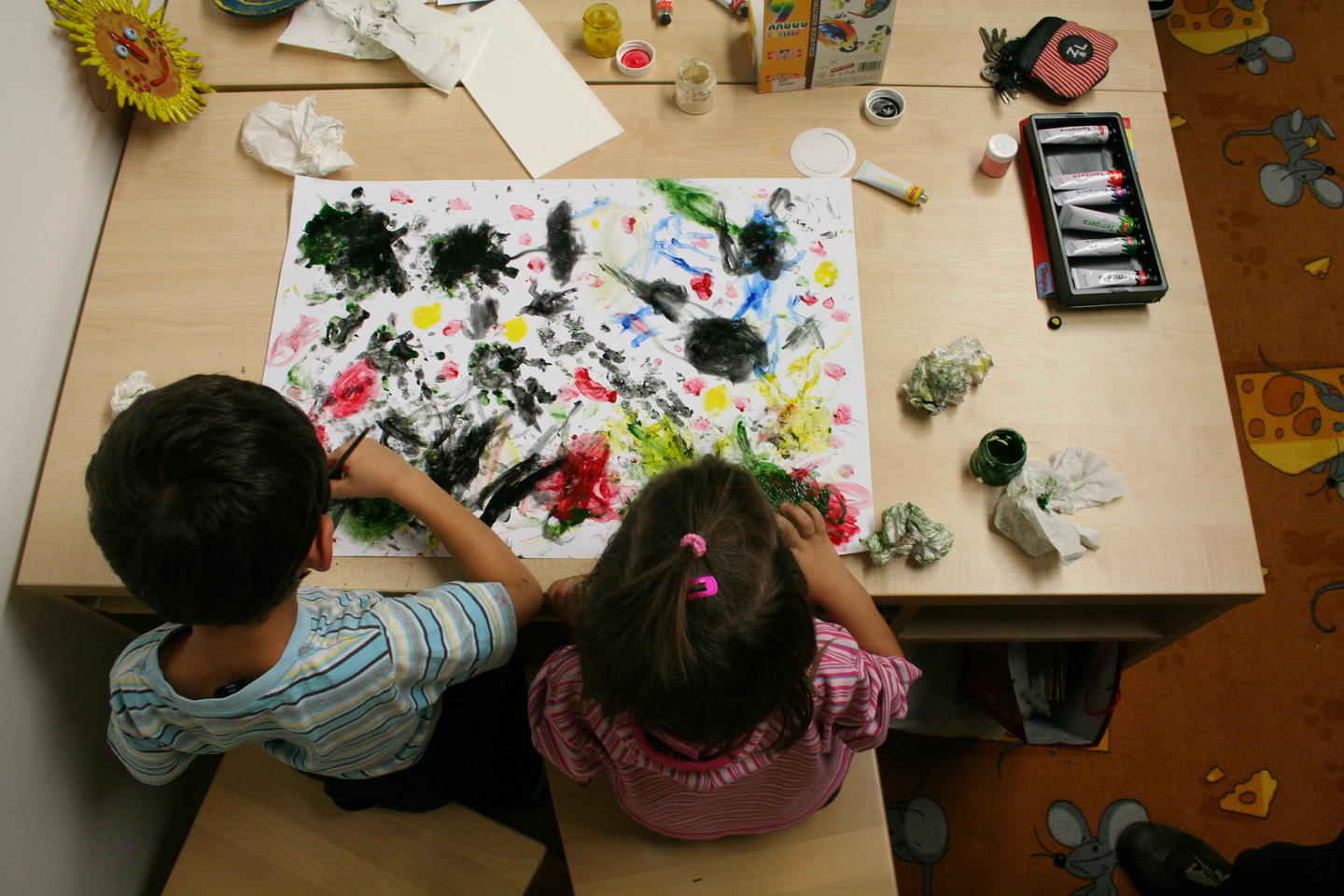What’s the challenge?
Although considerable strides towards gender equality have been made over the last decades, Europe still faces considerable challenges when it comes to ensuring equal opportunities for women and men and reducing the pay gap. Gender-based violence - both a cause and a consequence of such inequalities - also remains a pervasive problem.
Forty-five per cent of all women in Europe have experienced some form of violence. According to figures from the Council of Europe, an estimated one in five women has experienced physical violence at least once during their adult lives. In a number of European countries, physiological violence and sexual harassment are still not recognised as criminal offences. There is a lack of awareness of the problem of domestic violence and its consequences. And support provision varies greatly from country to country.
Of the 15 EEA and Norway Grants beneficiary countries, only five (Bulgaria, Cyprus, Greece, Malta and Spain) have a national women’s helpline operating 24/7 and free of charge (2010). In Poland, only one women’s shelter place is available for almost 1.5 million people. Hungary, Latvia, Lithuania do not have any service that would adequately qualify as a female-specific refuge shelter.
What are the Grants doing?
Efforts to promote gender equality and combat domestic violence have been stepped up with at around €50 million in total targeted at gender measures under the current EEA and Norway grants schemes.
Tackling domestic violence
Eleven of the 15 beneficiary countries have prioritised measures to combat domestic and gender-based violence under their funding allocations. Support will focus both on helping the victims and their families, as well as tackling the causes of violence. The Grants can be used to fund victim protection services (shelters, phone lines and crisis centres), improve police training, back advocacy campaigns and provide treatment programmes for offenders.
CountrySupport per programme
(€ million)
Bulgaria 2.0 Cyprus 0.7 Czech Republic 3.5 Estonia 2.0 Poland 3.0 Romania amount to be confirmed Slovakia 7.0 Lithuania 0.5There will also be targeted efforts in Malta, Slovenia and Spain. A number of Norwegian organisations are on board to contribute to the programmes including the National Police Directorate, Directorate of Health, and the Shelter Secretariat. The Council of Europe will also play a central role.
Promting equality in the work place and the home
Mainstreaming gender equality and promoting work life-balance are also important areas of support. Funding will support activities to promote awareness-raising, improve gender balance on company boards and reduce pay gaps. Programmes within this field are being set up in the Czech Republic, Estonia, Malta, Portugal, Romania, Slovenia and Spain.
Funding is also available under the NGO Funds or other programme areas under the Grants such as public health, research and capacity-building.
Photo: A c
